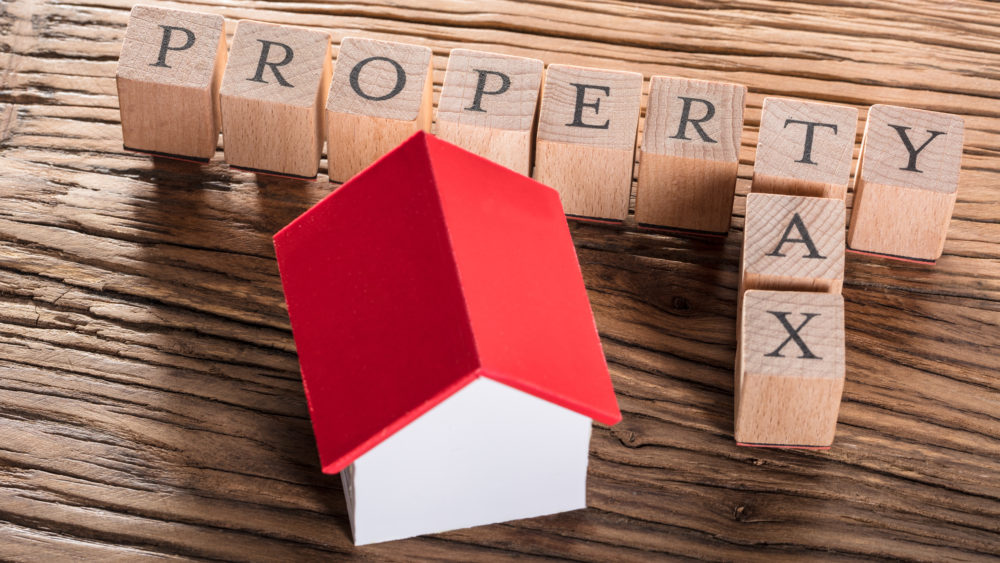With almost every request for tax increases, our leaders promise to spend the money on public safety, roads, schools and other community benefits.
I’m writing this column in September for publication about two weeks before the general election in November 2016. Now is the right time to look at measures that will be on the ballot. There’s not enough room to examine the huge number of state initiatives, or to look at measures in all three North Bay counties. But we can reduce the Sonoma County ballot measures to one word: Taxes.
Background: Sonoma County officials went wild in 2014, asking voters to approve six sales tax/use tax measures, 11 bond measures and three parcel taxes. That’s 20 requests for taxpayer money, including hundreds of millions of dollars in bond issues, almost all of which voters approved.
In 2015, public officials sensed voter irritation and only put forth two tax measures—an increase in the vector control assessment and a Sonoma County general sales tax increase—both of which failed.
In 2016, our public officials obviously sense another motherlode potential for tax increases, with a presidential race drawing more voters to the polls and a more robust economy. Sonoma County voters will see a total of 25 measures, including two that appeared on a ballot last June. I called the county Registrar of Voters Office and asked for information on the measures. With blinding speed, aide Pamela Cullen emailed me the resolutions pertaining to all of the measures. This made for fascinating reading.
Six school districts request voter approval of bonds totaling $336 million plus interest. This borrowed money is to be repaid with additional property taxes collected over 20 years. Approval requires 55 percent of voters. Two school districts ask for voter approval of parcel taxes—$96 per parcel for 12 years by the Rincon Valley Union School District and $75 per parcel for nine years by the Wilmar Union School District. Approval requires two-thirds of voters.
The smallest bond request is $4 million on behalf of the Waugh School District. Taxpayers should note that it will take an estimated $8.2 million to repay all principal and interest on these bonds. Annual property taxes on a parcel with $500,000 assessed value will go up an estimated $150.
Sonoma County asks voters in the unincorporated area of the county to approve an increase equal to 0.5 percent in the transactions and use tax (sales tax) rate to raise $9.5 million per year over ten years to improve parks and water quality. Sonoma County also asks voters to approve an increase in the transient occupancy tax rate (TOT, which is charged on all hotel, motel, inn and B&B sites per overnight guest) from 9 percent to 12 percent. Last, Sonoma County asks voters to approve a countywide sales tax increase of one-eighth of 1 percent to raise $12 million per year for the library system. The first and third measures require two-thirds approval while the second passes by a simple majority.
Healdsburg is asking voters to approve an increase in its TOT from 12 percent to 14 percent, purportedly to help provide affordable housing. The rate originally passed in 1965 at 4 percent and was raised in 1973, 1975, 1983, 1992 and 2004.
Santa Rosa asks voters to approve an eight-year extension of a sales tax increase originally enacted in 2010 and due to expire in 2018. Sonoma asks voters to approve a five-year extension of a sales tax increase enacted in 2012 and due to expire in 2017. These extensions require simple majority approval. The justification given for extending taxes that previous voters thought would expire is simple: “to help maintain the city’s long-term financial stability.”
With almost every request for tax increases, our leaders promise to spend the money on public safety, roads, schools and other community benefits. Whether it’s a new tax or an extension of a tax, they promise the tax will end after a certain number of years. At this point we should all say, “Yeah, right!” The taxes don’t end and the demand for more tax revenue is insatiable.
For “telling it like it is,” my nomination goes to Cloverdale, which asks voters to approve a new tax up to 10 percent on gross receipts of permitted cannabis businesses. A simple majority is required for approval. Why is this tax needed? “The city council desires to find new revenue sources for the general fund.” Further, the tax has no “sunset” date and “can only be ended by voters.” There you have it: The city wants more money, and it’s found a way to get more through taxation. The tax never ends, except in the unlikely event that the public takes the very difficult steps needed to put another measure on the ballot.
Here’s my argument for why voters should just say no to all these tax measures. We aren’t stupid. Public officials can always say more money is needed for schools, public safety, roads, parks and the like. What these same officials don’t say is that the skyrocketing cost for public employee pensions is the major reason more money is needed. Don’t make me quote the numbers again. Don’t give elected officials more money just so they can continue to do nothing about public employee pension costs.




